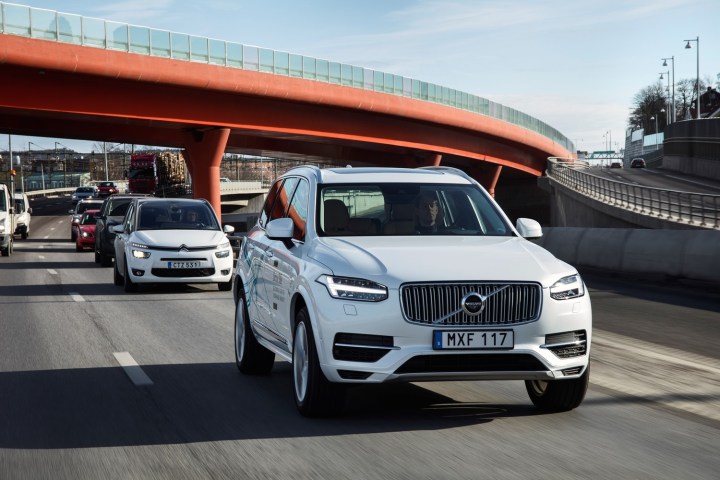
The biggest takeaway from the surveys is that the vast majority don’t want cars to totally take over driving. Previous surveys and studies have found consumers are less enthusiastic about driverless cars than insurance companies, government regulatory bodies, and car manufacturers. But perhaps if cars can take over commuting and highway driving but people can take command when they want to drive just for the fun of it or if they need to because road conditions are bad or the car is about to put them in jeopardy, then maybe having it both ways would be OK.
Volvo’s study found that 72 percent of the respondents preferred to “preserve the art of driving.” So maybe there are even more car enthusiasts then we thought. Two parts of the U.S. where greater than the average percentage of people would be happy to turn it all over to the car are California and New York City. New York makes sense because car ownership is low in the city, maintaining (and garaging) a car is crazy expensive, and who wants to drive in New York anyway?
California on the other hand, the land of “fine 409s,” “woodies,” and car-cruising streets throughout the southern part of the state, may be a surprise, unless you actually live there and do daily penance in highway purgatory to and from work.
The AlixPartners survey results underscore how much Americans loathe car commuting, but at the same time, 90 percent of the respondents said they’d still want the ability to drive when they wanted to or needed to.
Overall these latest surveys correspond with earlier results. People are mostly fine with assisted driving systems, but totally autonomous cars with no driver in place are not a winning solution. Perhaps it’s just about baby steps, that people need to become accustomed to surrendering a little control before they are willing to surrender all of it.



